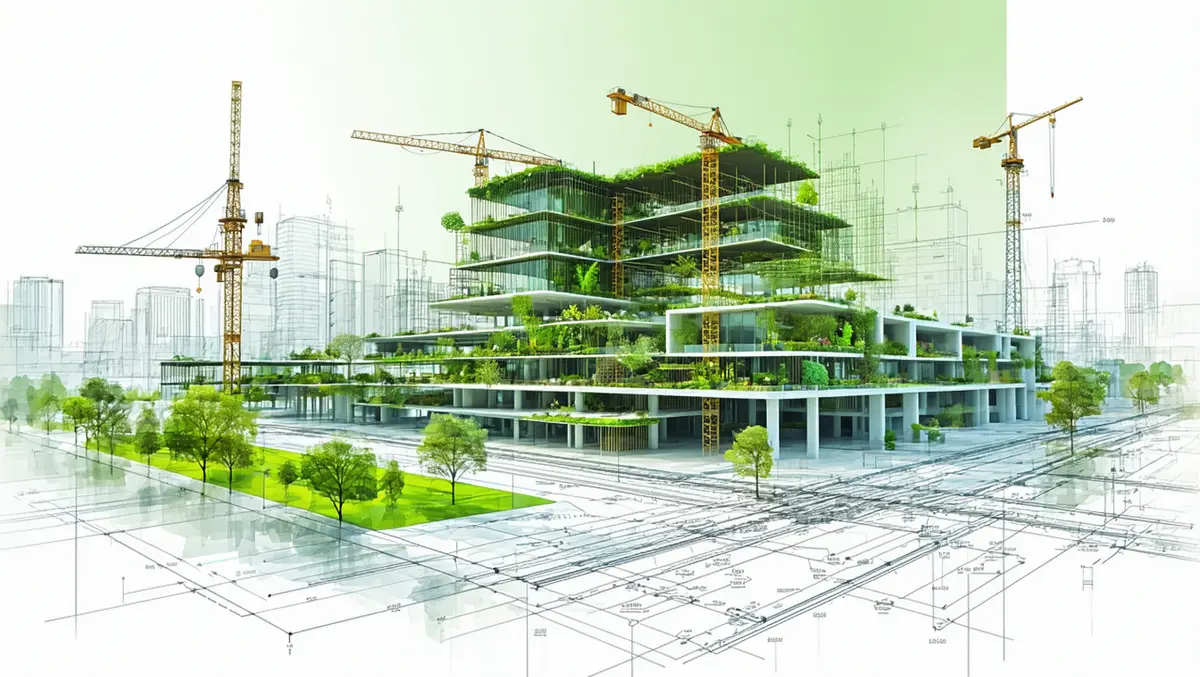
Autodesk unveils AECO advancements for sustainability boost
Autodesk has announced several new advancements to its architecture, engineering, construction, and operations (AECO) portfolio, introducing features designed to enhance data workflows across project lifecycles.
These advancements include new scan-to-mesh capabilities aimed at supporting sustainable building practices such as retrofitting and adaptive reuse of existing buildings. The new technology could be particularly impactful in Australia, where a large number of homes built before energy efficiency ratings require substantial energy for heating.
The introduction of scan-to-mesh technology allows the AECO industry to generate high quality, detailed 3D models from photographs or scans, facilitating retrofitting and renovation initiatives to improve sustainability. According to Autodesk, there are almost 8 million homes in Australia that are inadequately equipped with insulation or modern heating systems, leading to significant energy consumption and greenhouse gas emissions.
"Sustainability isn't just about new projects or developments," said Andy Cunningham, Senior Regional Director for Australia and New Zealand at Autodesk. "It's often about working with the built environment that already exists, and thinking of innovative ways to make these structures more liveable and sustainable."
Autodesk's new offerings in Recap Pro and Revit aim to simplify workflows and improve model accuracy, which could assist in Australia's efforts to meet its target of cutting emissions by 43 per cent by 2030.
Andy Cunningham added, "Across Australia we're seeing many organisations and industry leaders embrace creative ways to meet retrofitting and adaptive reuse challenges. But they need the support of technology. Our new AECO offerings will allow industry leaders to switch between workflows, models and data sets more efficiently, enabling more time for creative problem solving."
The new Recap Pro includes advanced scan-to-mesh capabilities, offering a more seamless integration of reality data into Revit projects. This is expected to significantly reduce the reliance on manual modeling, which can be costly and time-consuming.
The updates also include enhancements targeted at digitisation needs within the AECO sector. These are intended to facilitate complex modelling and data comparison across different project phases, improving workflow efficiency and accuracy.
Additions to Civil 3D, including the integration of Dynamo, are set to enhance the design and analysis of drainage systems, allowing engineers to make timely, data-driven decisions with precision. The technology also integrates with the InfoDrainage analysis engine, improving connectivity in workflow processing.
The implementation of a 3D Model Viewer in Civil 3D allows users to review models in three dimensions, offering improved context and immediate visual feedback for intricate infrastructure projects. Such features are expected to support civil engineers in navigating and inspecting large datasets more efficiently.
These developments align with Autodesk's focus on minimising environmental impact and resource consumption while fostering collaboration among AECO professionals. The company's latest offerings are set to address crucial matters such as sustainability and the skills gap within the industry, as highlighted in upcoming findings from Autodesk's State of Design and Make Report.


